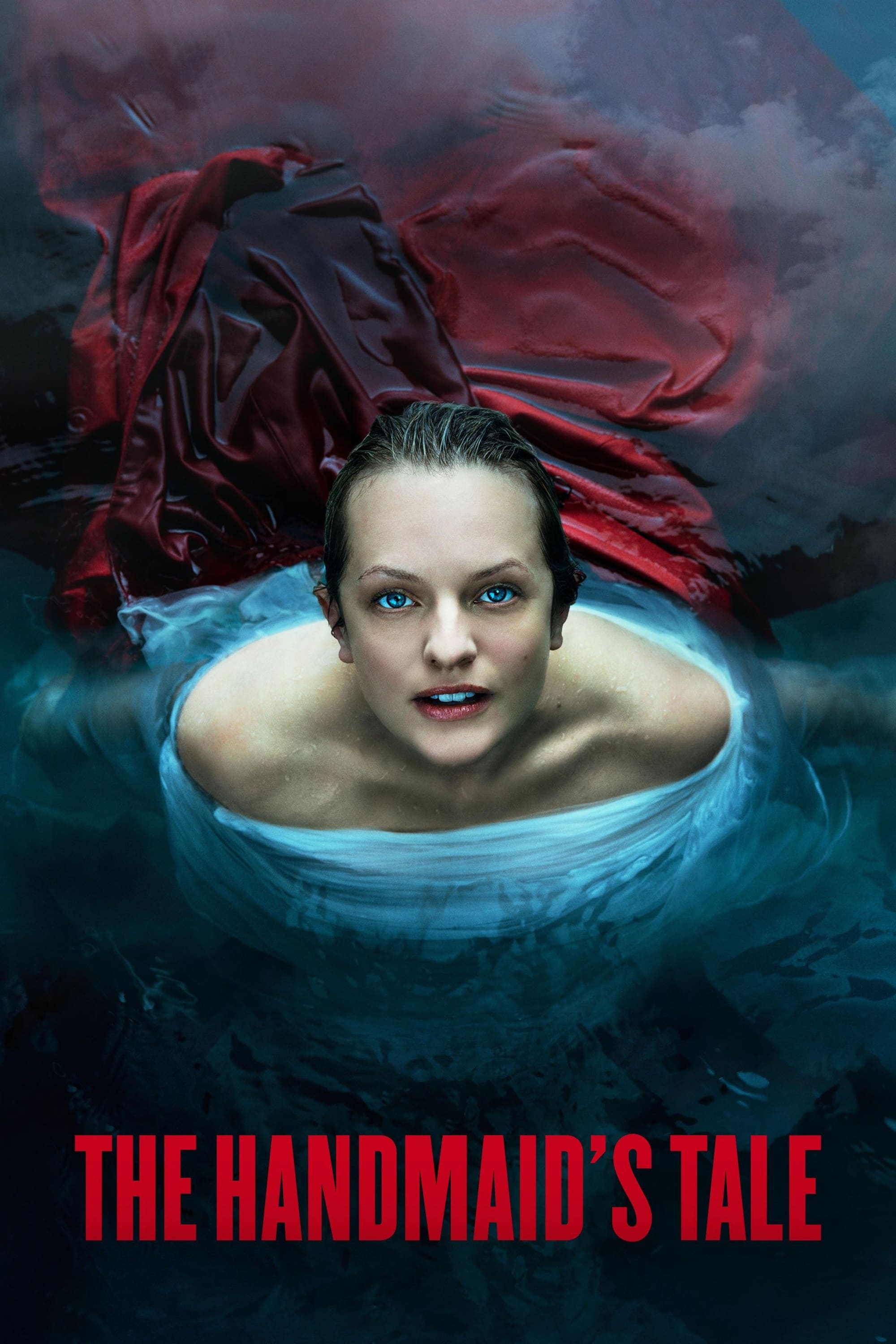
Set in a dystopian future, a woman is forced to live as a concubine under a fundamentalist theocratic dictatorship. A TV adaptation of Margaret Atwood's novel.
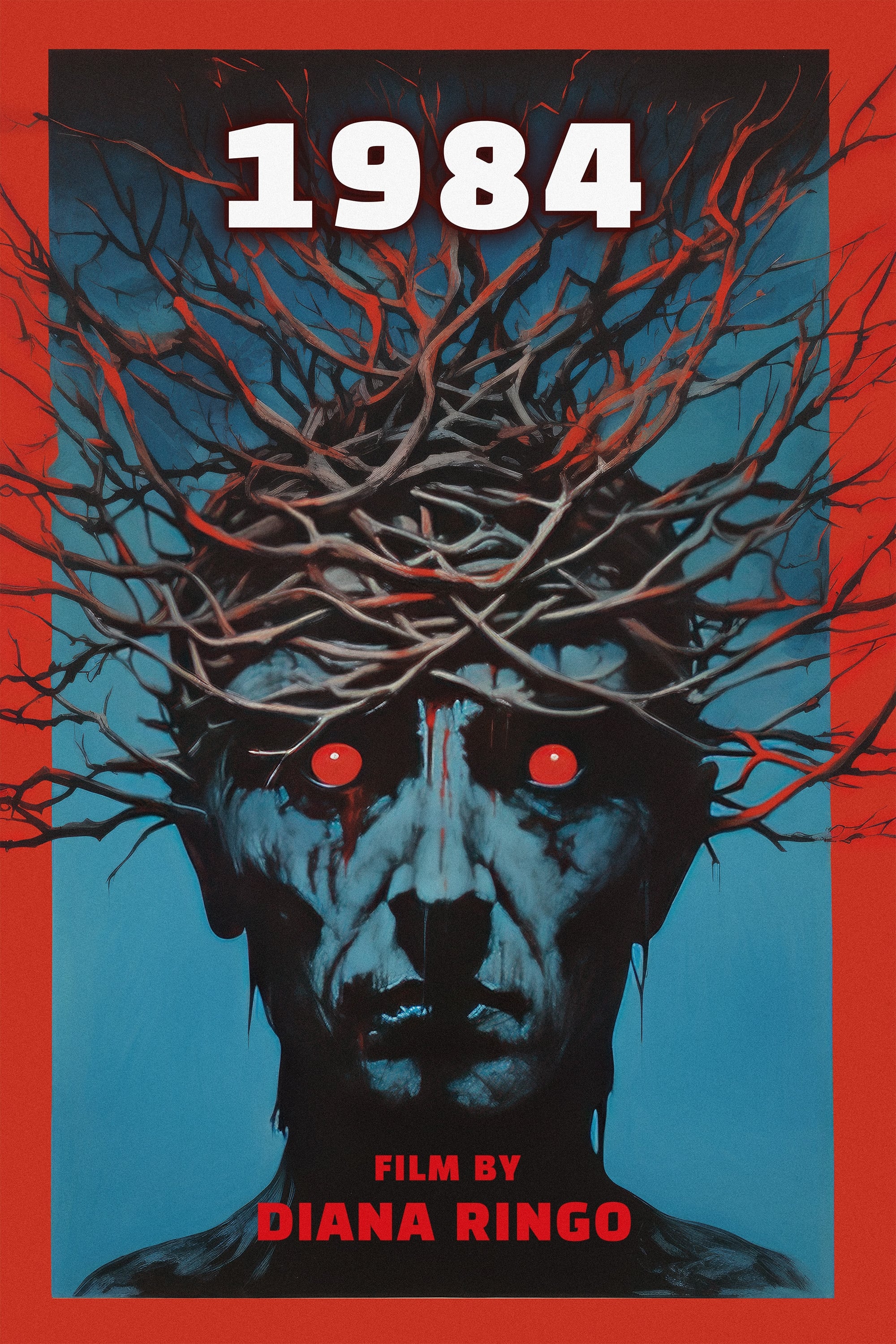
In a bleak and oppressive totalitarian society ruled by Big Brother, personal freedoms are nonexistent and surveillance is constant. Art is mocked and destroyed, and imagination is considered a serious illness. In this grim world, a brilliant mathematician engages in a forbidden romance with a colleague and learns about a secret resistance. He is faced with a choice - to join or betray it.
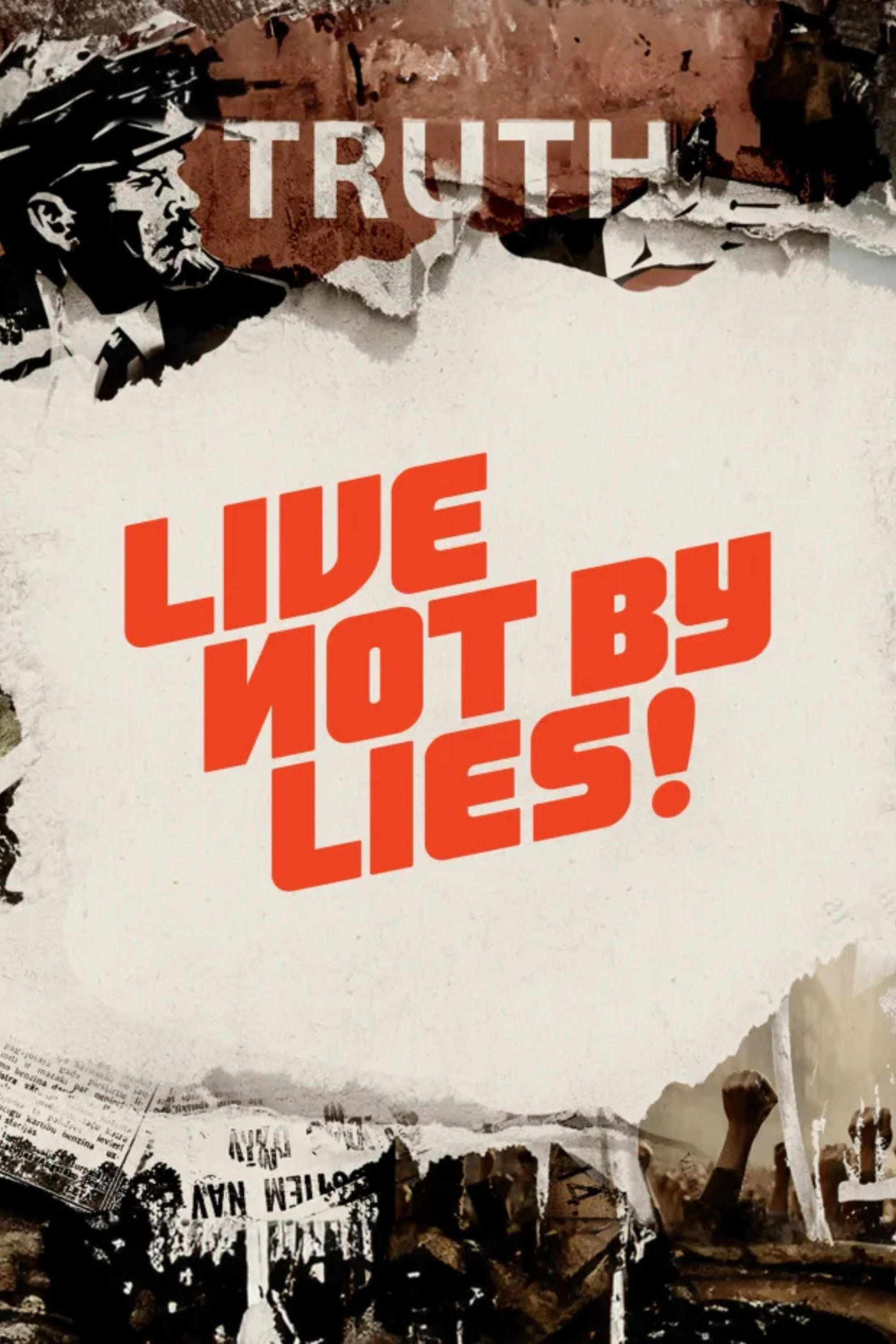
Survivors of Soviet totalitarianism warn that “soft totalitarianism” is emerging in the U.S. Identity politics, censorship, surveillance, and secularism are encroaching on freedoms. Many American Christians fail to see the threat. Based on Rod Dreher’s book, Live Not by Lies explores these dangers and offers a wake-up call for thoughtful, faithful resistance against the erosion of liberties.
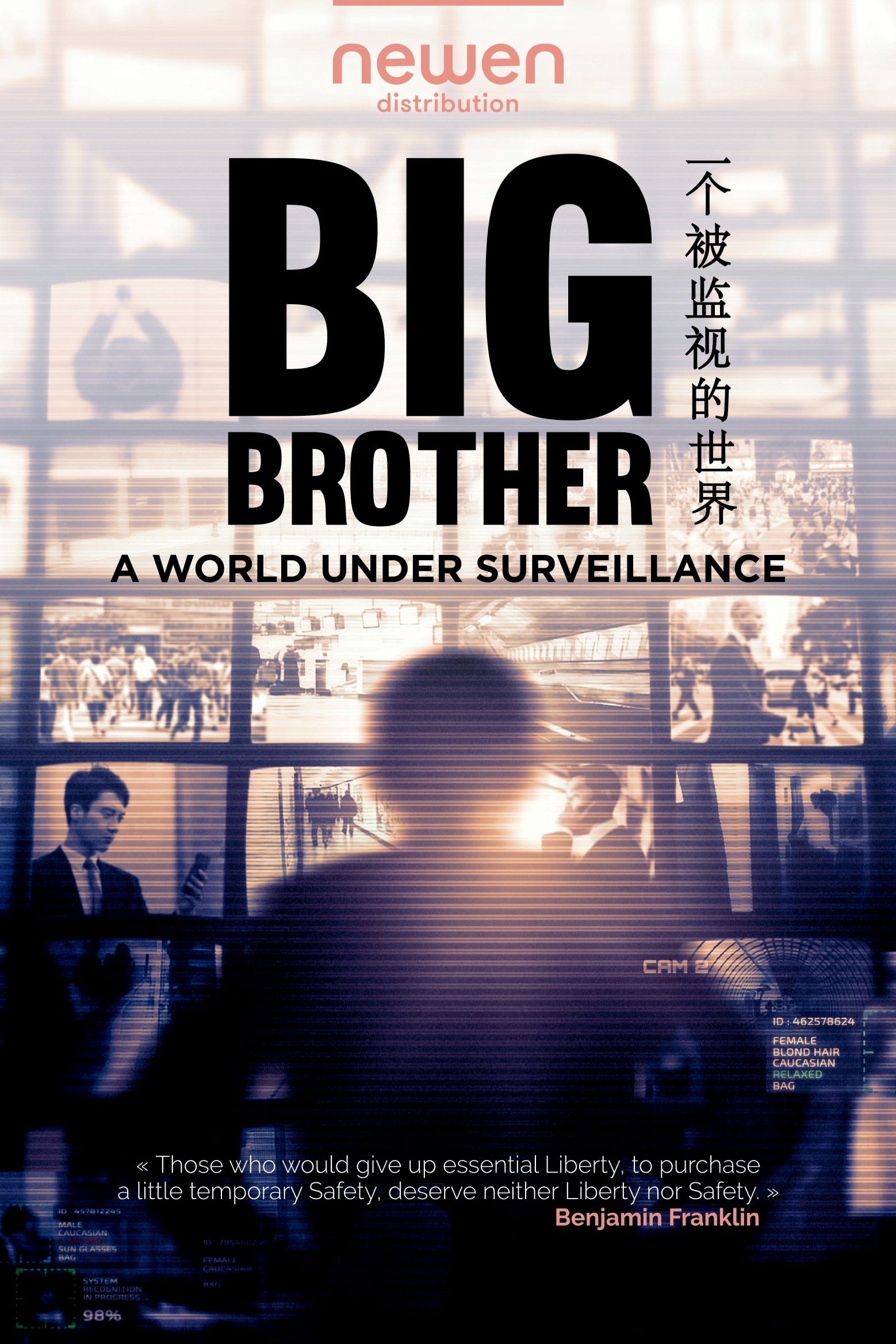
Under the pretext of fighting terrorism or crime, the major powers have embarked on a dangerous race for surveillance technologies. Facial recognition cameras, emotion detectors, citizen rating systems, autonomous drones… A security obsession that in some countries is giving rise to a new form of political regime: numerical totalitarianism. Orwell's nightmare.

A relentless chronicle of the tragedy of the Uighurs, an ethnic minority of some eleven million people who live in the Xinjiang region of northwest China, speak a Turkic language and practice the Muslim religion. The Uighurs suffer brutal cultural and political oppression by Xin Jinping's tyrannical government: torture, disappearances, forced labor, re-education of children and adults, mass sterilizations, extensive surveillance and destruction of historical heritage.
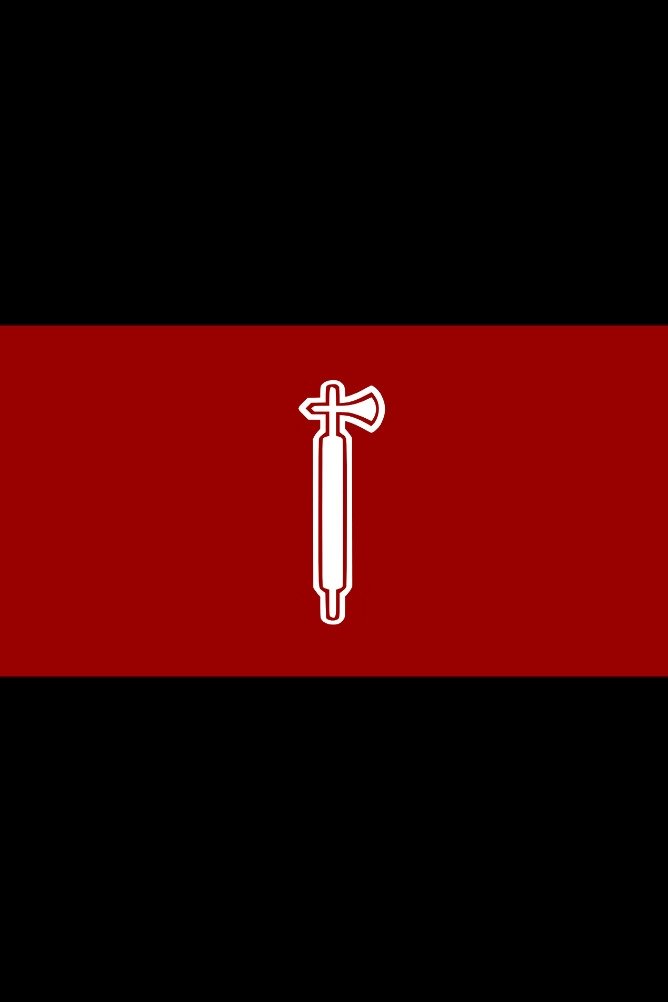
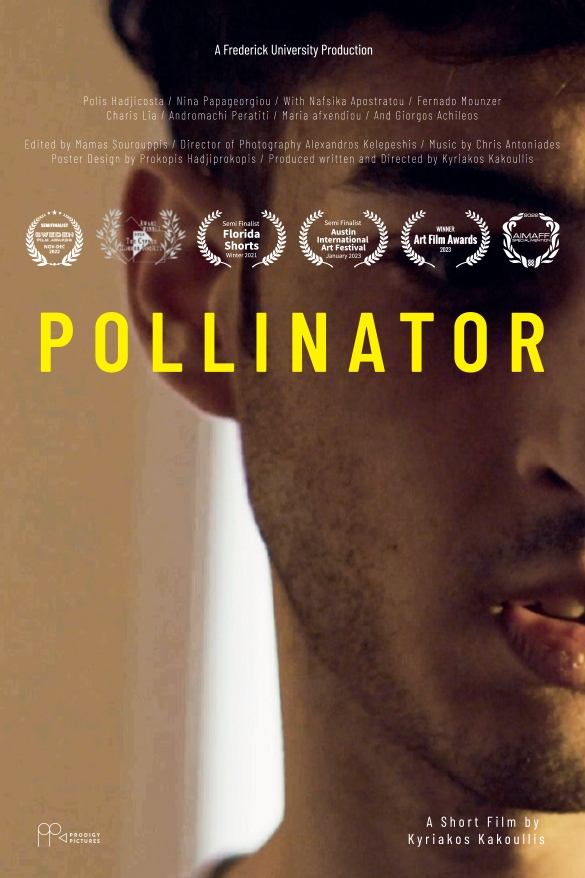
A dystopian future set in a totalitarian world , where a young man's life is about to change.
The students of an isolated school are together bound by 10 strange rules. They are made to follow the rules without any question. One day, student '329' decides to rebel and break away.
Images and reality intermingle in this account of the writer's own experiences under totalitarian regime.
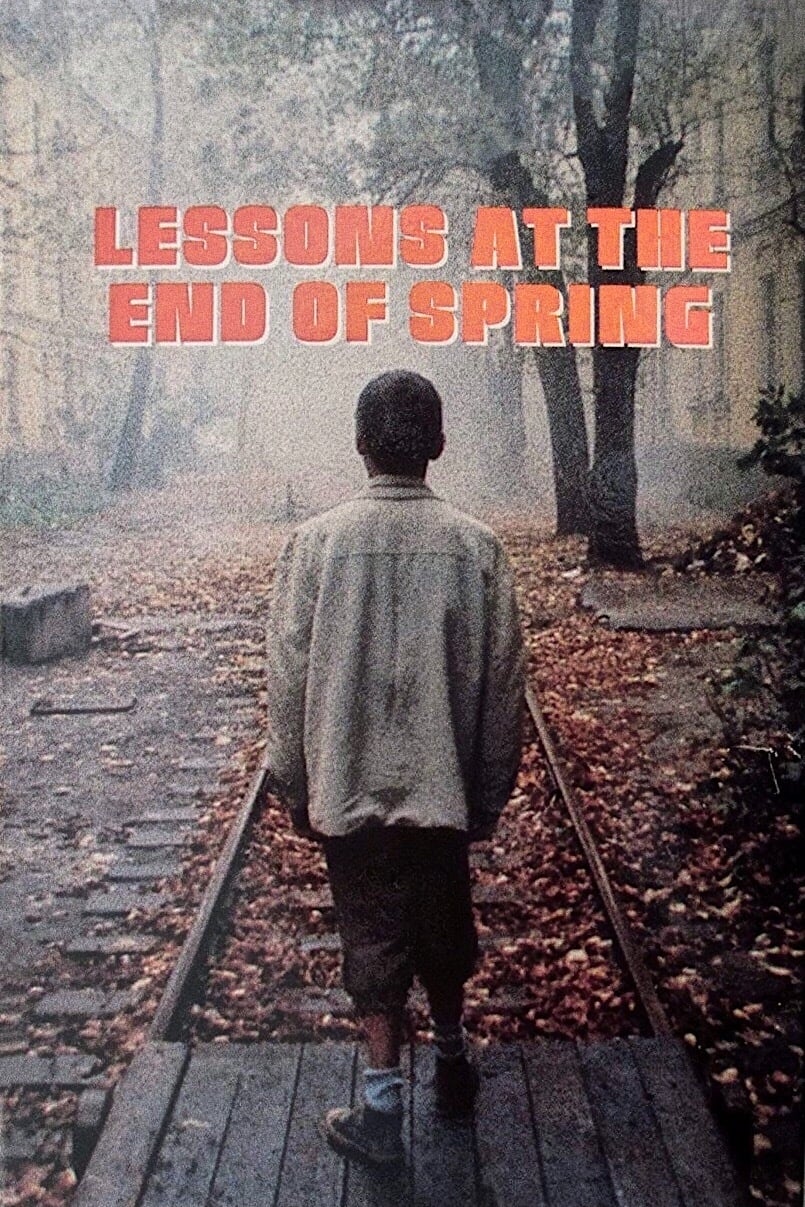
A young boy loses his innocence in a pre-perestroika Russian prison during the chaotic last months of the Khrushchev regime
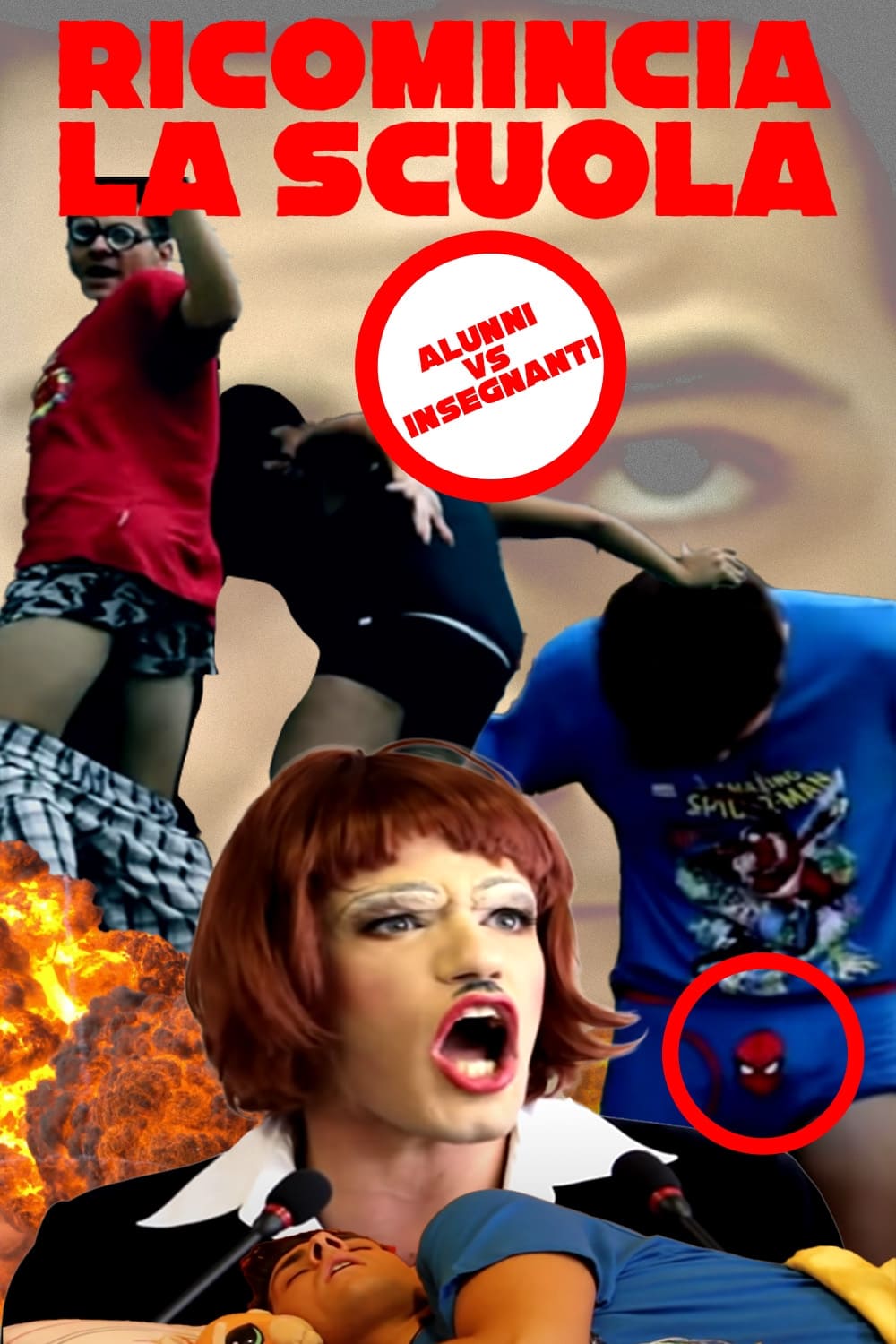

In 1996, brash L.A. detective John Spartan and maniac killer Simon Phoenix are both sentenced to decades in a cryogenic prison as punishment for a rescue mission gone wrong. When Phoenix escapes 36 years later to wreak havoc on the future, Spartan is awakened to capture his nemesis the old-fashioned way.
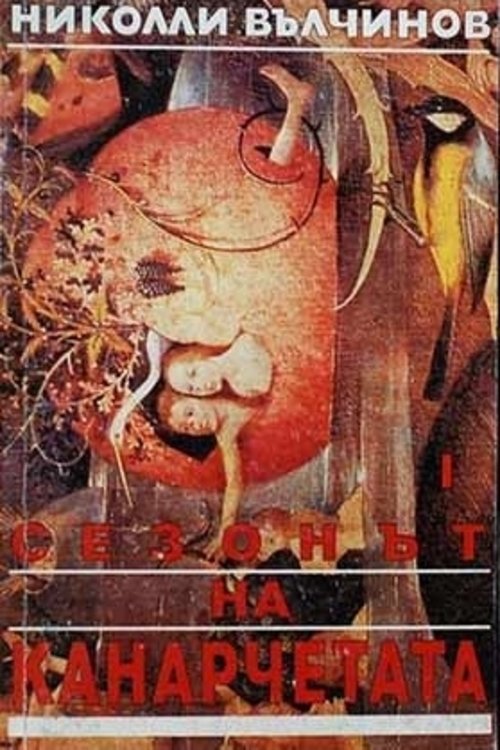
It's 1980. Malin is fatherless, angry, and in trouble. At 20, he's spent a year in jail for assaulting a lover of Lily, his mother. In her desk he finds a soldier's photograph and assumes he's found his father. He confronts the man, now a teacher, and gets nowhere. At home again, he mocks his mother. Finally, she tells him her grim story, from the year before his birth. We see a people's court, where Lily's parents seek justice for their grandchild to be. We follow Lily to a prison camp, to the city where she's told to inform on the only person who's been kind, to an asylum, and finally to her current poverty and loneliness. How will Malin respond to these revelations?
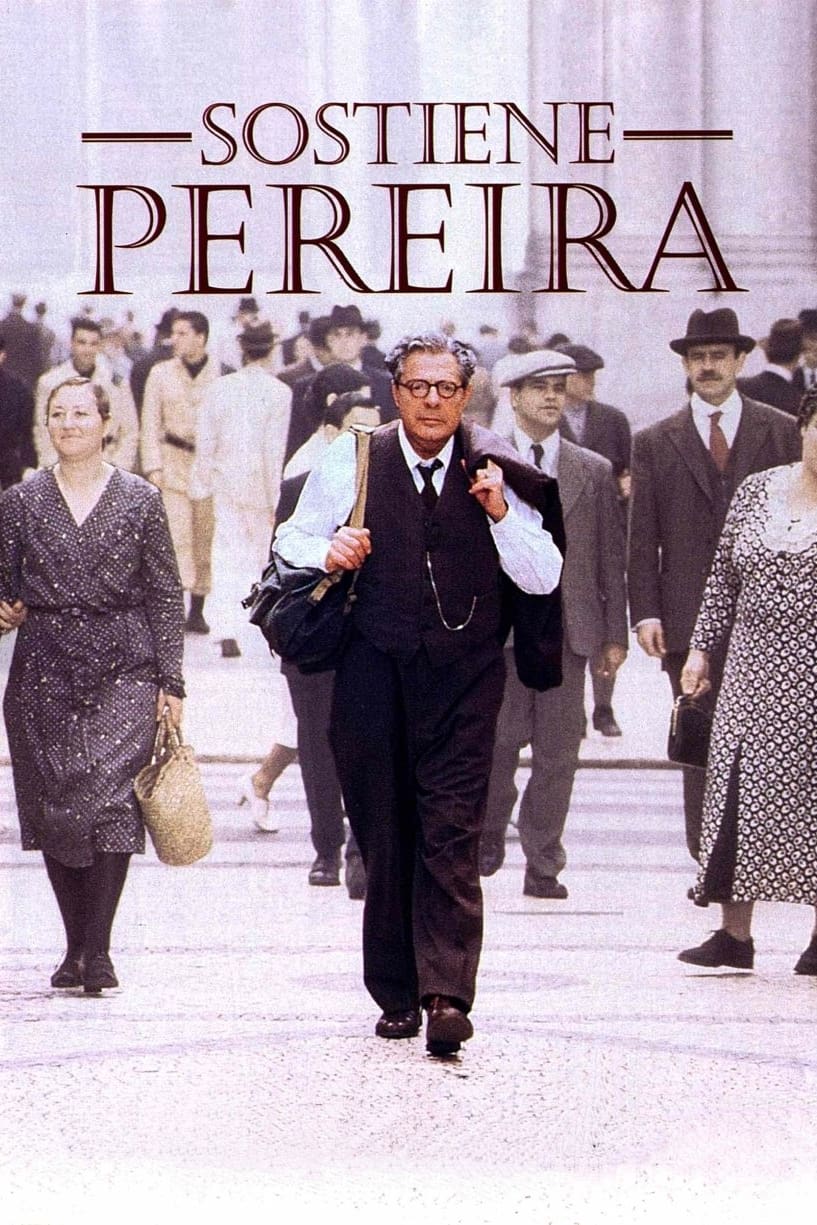
Lisbon, 1938. Mr. Pereira is the editor of the culture section of an evening paper. Although fascism is on the rise in Europe, like in nearby civil war Spain or even inside Portugal itself in the form of Salazar's regime, Pereira only concerns himself with writing bios and translating French novels. Things change after he hires a young writer as his assistant, getting to know also his girlfriend – both opponents to the regime – and reluctantly helps them when they begin to get in trouble for subversive activities. Eventually, he's forced to take a stand...
By browsing this website, you accept our cookies policy.